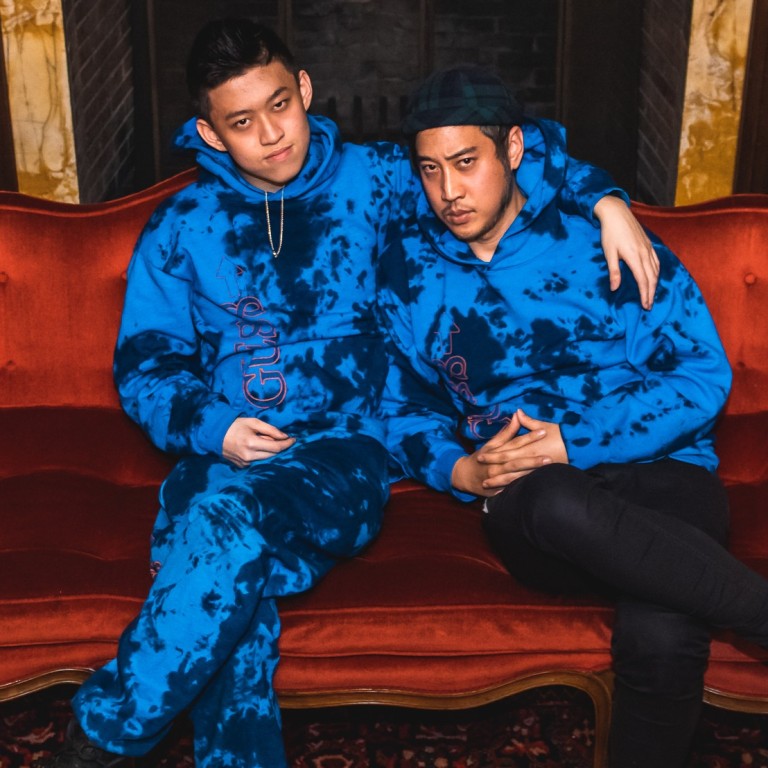
88rising, label behind Rich Brian and Keith Ape, is turning Asian hip hop acts into global stars
- Label founded by Sean Miyashiro has gone from representing a collection of underground darlings to boasting a roster of international rising stars
- Not just a hip hop powerhouse, 88rising is also home to Osaka-born DJ Joji, Indonesian R&B and pop singer Niki, and Chinese icon Lexie Liu
Sean Miyashiro, founder of the record label and artist collective 88rising, is tough to get on the phone these days. When we finally get hold of him, he is in his hotel room in Tokyo – “the best city in the world straight up” as he puts it – halfway through his label’s second Asian tour, and feeling equal parts elated and overwhelmed.
Despite the growing impact of the label – home to breakthrough Asian hip-hop acts Rich Brian, Higher Brothers and Keith Ape – in the United States, its clout in Asia has caught even the label’s founder off guard.
The Chinese rappers showing the world how cool China is
Miyashiro hails from the San Francisco Bay Area but is of Japanese and Korean descent. His loose creative collective only started uploading content under the name of 88rising in 2016. But the label’s ascent has been rapid, going from scrappy underdog to aspiring international juggernaut in just its first year.
From employing only three people, 88rising now has more than 60 in offices in Los Angeles, New York, and Shanghai. It has gone from representing a collection of underground darlings to boasting a roster of international rising stars, and playing to audiences of thousands.
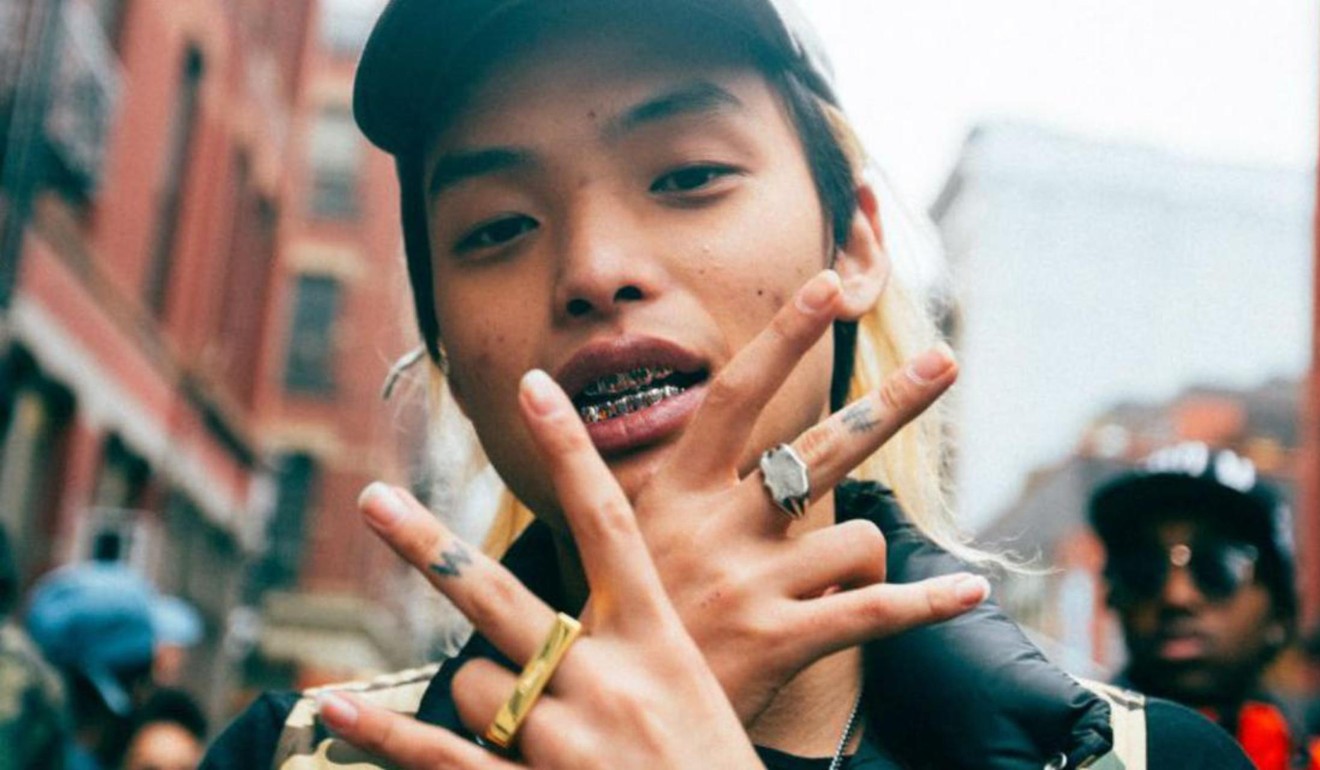
In 88rising, Miyashiro has combined his instinct for finding breakout talent with his inherent understanding of the modern internet-centric marketplace. He taps young musicians with boundless potential and gives them the freedom to create their own personas on social media.
His instincts bore fruit early with two undeniable stars: Keith Ape and Rich Brian (previously of the unfortunate moniker Rich Chigga).
“The progress that we’ve made thus far is even staggering to me, to be honest,” Miyashiro says over the phone. “It’s pretty crazy. Now we feel a general responsibility to evolve and push ourselves.”
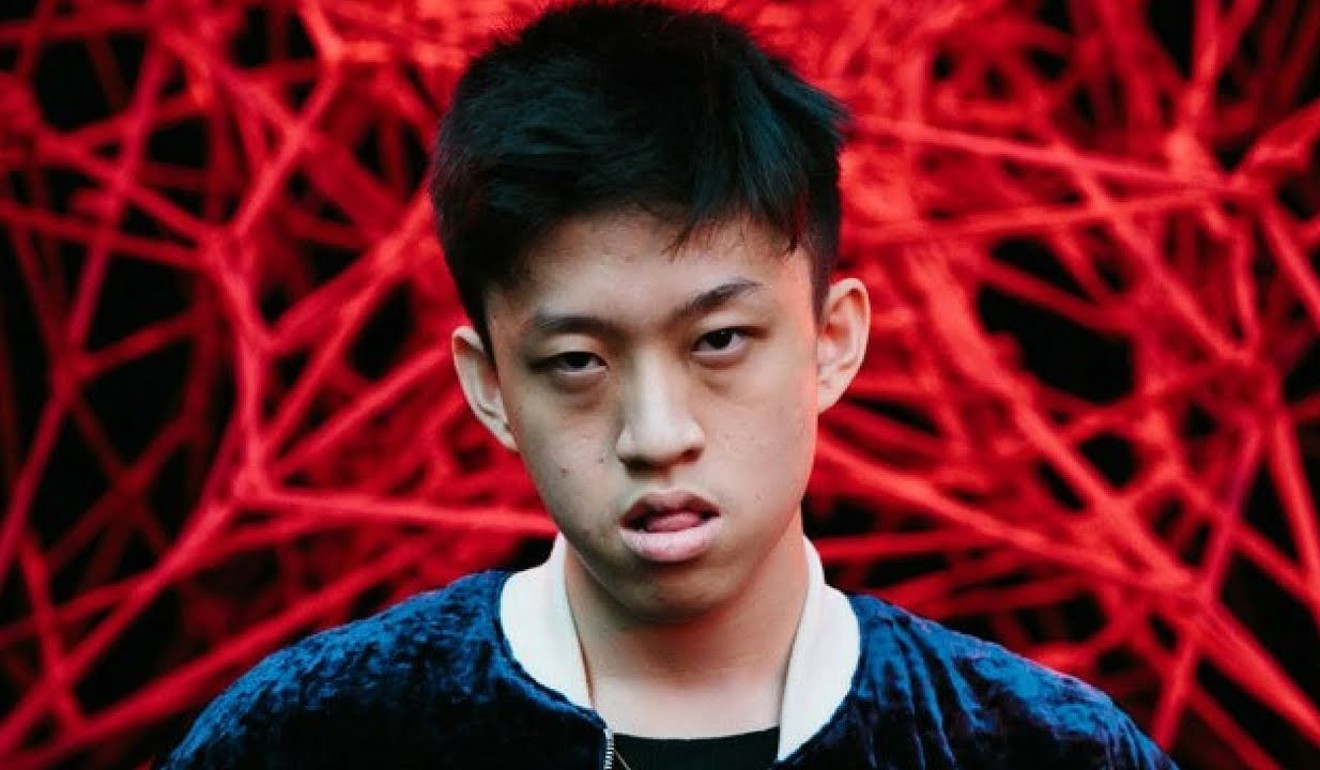
If there is a secret to the label’s success, it is the talent it signs. Thanks to a history of neglect from the American music industries, Miyashiro found an abundance of Asian talent who were struggling to have their voices heard.
“Three years ago there was nothing to look at that really celebrated Asian talent,” he remembers. “Since nothing existed, there was only one direction to go and that was up.”
From early on, Miyashiro was careful to view music through a truly global lens. He did not focus on just Asian-Americans, or the Asian diaspora, or on any one Asian country, and he wasn’t limited by any particular style of music. Instead, he relied on a philosophy that would become a sort of guiding ethos for the company: “People who look like us doing tight s**t.”
The result is the most diverse group of Asian talent anywhere, with artists from across Asia and the Asian overseas community. In 88rising’s artists can been seen, in the flesh, Miyashiro’s eclectic, global artistic vision.
Seoul-based South Korean rapper Keith Ape is famous for his incendiary live performances. Ape is considered the label’s foundational star, whose single It G Ma and subsequent remix with US rappers A$AP Ferg and Waka Flocka Flame gave the label its breakout hit and put 88rising on the map.
Rich Brian is a machine-gun-mouthed Indonesian rapper whose dark sense of irony and off-kilter delivery has led to comparisons to the rappers from the American hip hop collective Odd Future.
Today Rich Brian is likely the best-known Asian rapper in the game, but 88rising isn’t just a rap label. There’s Osaka-born DJ Joji, who is as wide-ranging as he is insatiable, his oeuvre encompassing lo-fi, trip hop, R&B and dreamy downtempo electro-pop. There’s also Niki, the Indonesian R&B and pop singer.
From China, there’s Changsha native Lexie Liu, whose fervent fan base, pop, rap, and R&B anthems, and status as a fashion icon have some seeing her as China’s answer to Rihanna. There’s also the Higher Brothers, a Chengdu-based rap group who have perhaps done more than any other group to bring home-grown hip hop to China, and to associate 88rising with the genre’s success there.
As of now, August 08 is the only non-Asian member of 88rising. The African-American singer represents Los Angeles’ Koreatown and puts out music that is pure melancholic soul.
Today, 88rising finds itself in a unique and enviable position. It can deliver hits for its artists, and thanks to well-timed and stylishly executed collaborations with some of the West’s biggest performers, has started to make its Asian stars increasingly household names.
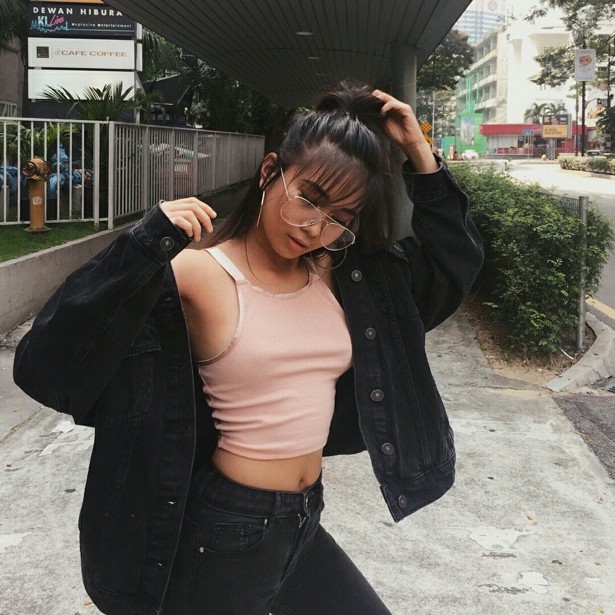
It is that clout, coupled with a willingness to provide a platform for musicians from all genres – even out on the fringes – that has caught the attention of Asian musicians who struggle to succeed in the shadow of Asia’s dominant pop industrial complex.
At the same time, 88rising is one of the only labels bringing big names from the West to Asia to collaborate with regional artists there. For example, a recent project saw smash DJ Skrillex travel to Korea where he collaborated with both alternative Korean musicians and K-pop superstars.
“I’ve definitely noticed more Asian hip hop and Asian artists in general in the media,” says Rich Brian. “I’ve also seen many more artists from Asia like Keith Ape and myself, for example, collaborating and working with American artists. And I’ve noticed more international artists seeing success in places like China and Indonesia … it has been a cool thing to be a part of, that bridge between the East and West.”
In terms of music and the youth right now in Asia, there are a lot of people making a lot of really tight s**t that is really eclectic
Today, 88rising finds itself square in the middle of the world’s largest and most dynamic music markets, at a time when the barriers between, genres and cultures are more porous than ever.
Higher Brothers member Ma Siwei feels the difference the label has made at home in China and abroad.
“I see more and more people paying attention to Asian culture,” he says.
“Hip hop comes from the United States, so it makes sense that there is a richer musical culture there, but today hip hop has penetrated into every country in Asia. Chinese noodle restaurants put on hip hop music. Taxis in Thailand play hip hop. It’s a cultural collision.”
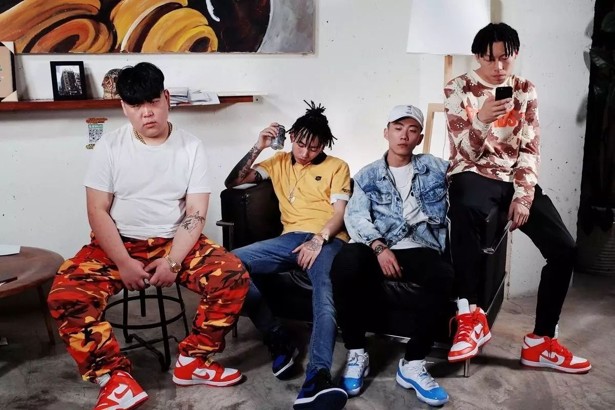
What has surprised Miyashiro most on this most recent tour is not the label’s success in bringing Asian voices into the Western mainstream, but the impact its artists have had on music in Asia itself.
“I’m in Asia right now and I’m actually taken aback by how popular we are. It seems like in the artist community we’re looked at as this kind of pinnacle company. We’re a big shiny object to them and it’s very flattering to meet these really big artists who already appreciate us,” he says.
“The other surprise has been discovering the sheer amount of artists out here … In terms of music and the youth right now in Asia, there are a lot of people making a lot of really tight s**t that is really eclectic. I’m not just talking about rap music … there’s a knowledge of the edgier stuff.
“I don’t want to say we take all the credit, but I do think what we represent is the importance of doing things your own way independently … And we represent to these artists the idea that if you’re doing your own thing, and if you’re good, you could actually be very successful. That’s what we represent. That you can actually do it.”
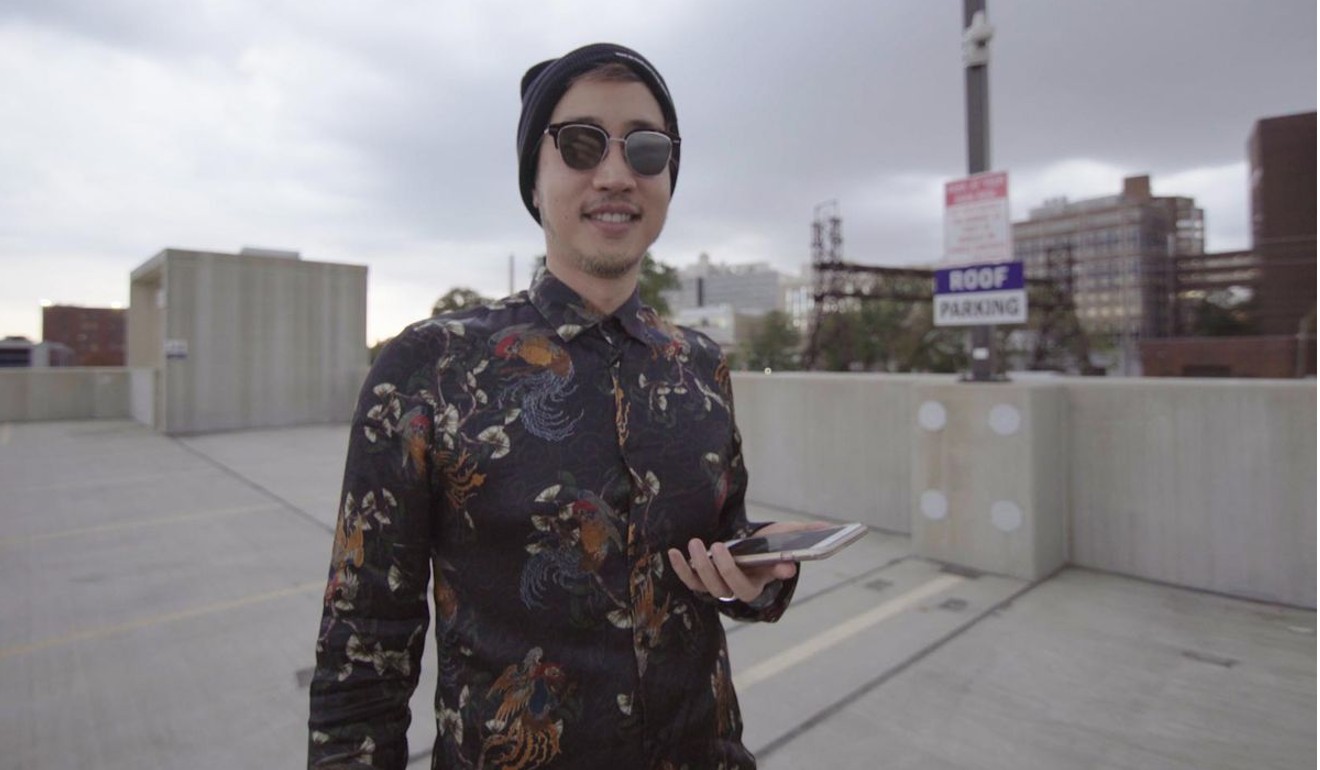
The label’s unexpected clout in Asia already has Miyashiro reflecting on his business model. The label already has a team working in China, but Miyashiro has expansion on his mind. “Getting boots on the ground in markets like Southeast Asia, Korea and Japan is in the works and will really help us have a more global energy.”
“Being an 88rising artist for me means being able to pave the way and inspire other Asian artists,” says Rich Brian, still buzzing from a big show in China. “Fans will sometimes come up to me and say things along the lines of ‘What you’re doing now is making me feel like what was impossible before is possible now.’
“It’s pretty crazy because growing up, I didn’t really have anyone to look up to in entertainment. I remember distinctly the first time I saw an Indonesian actor in a movie and feeling insanely motivated and inspired by that. It’s a weird but amazing feeling that I can do that for other people too.”
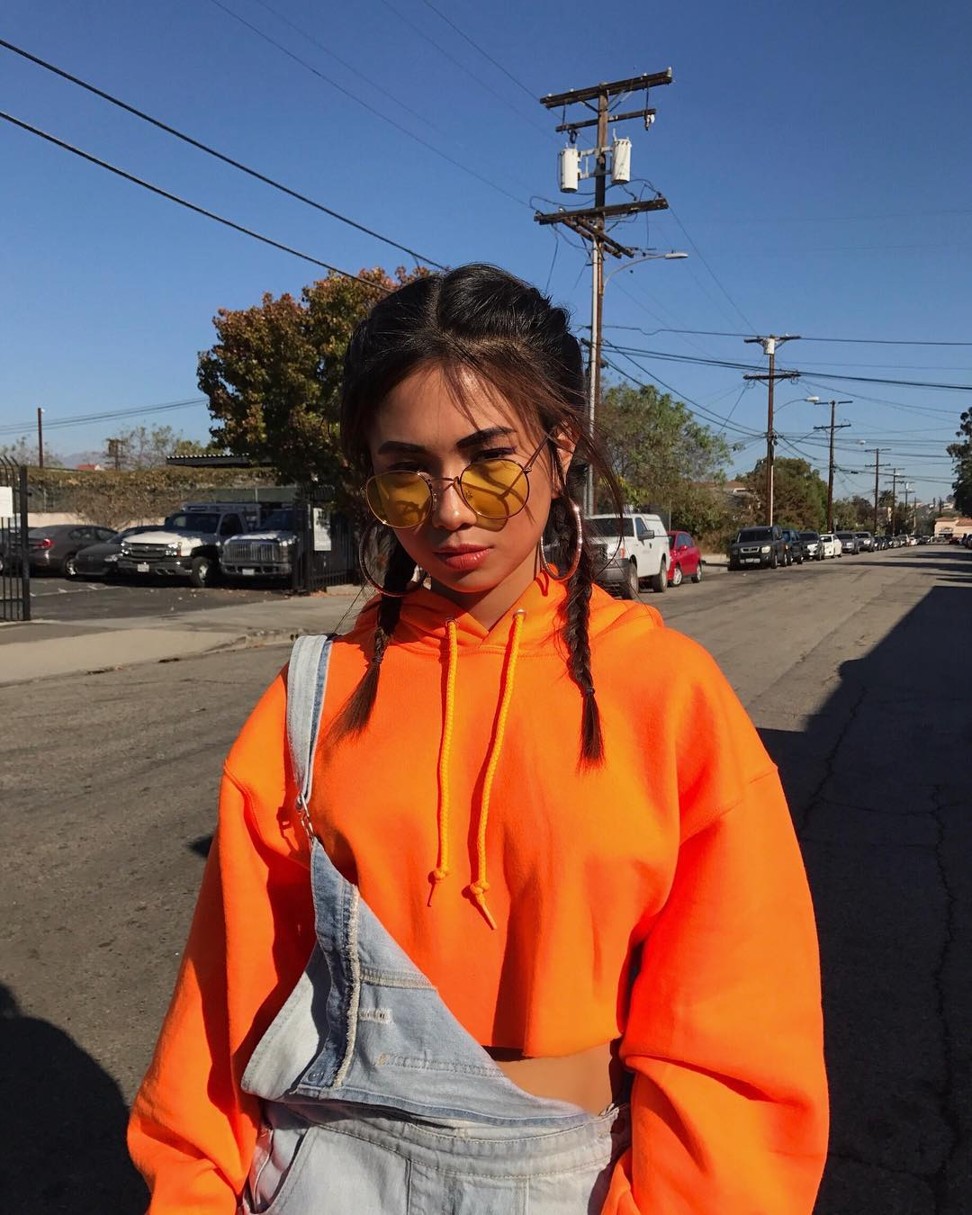
Niki has found the ongoing Asian tour similarly eye-opening.
“I’m shocked at how much people knew my music! Even though I’m from Southeast Asia, since I started my music career I’ve only really toured in the US, so it was overwhelmingly heartwarming to see that my music has been well-received over on this side of the world as well.
“I think now that there are more Asians in the spotlight, we are seeing a lot of the younger Asians grow more interested in the arts and pursuing it as well,” she adds. “We’re also seeing a lot of first-time milestones for Asians in the media, like Crazy Rich Asians being the first big box-office movie with an all-Asian cast, Sandra Oh being the first Asian woman to win best actress at the Golden Globes, and 88rising existing as a predominantly Asian music collective that’s well-known in both Asia and the US and not just one or the other.
Chengdu hip hop crew the Higher Brothers vow to bring Chinese rap to the world
“These are all things that probably would have seemed impossible years ago. We still have a long way to go, but I think society is moving in the right direction. We’re having the conversations that need to be had, we’re pointing things out that weren’t in the past. I think it’s only upwards from here.”

